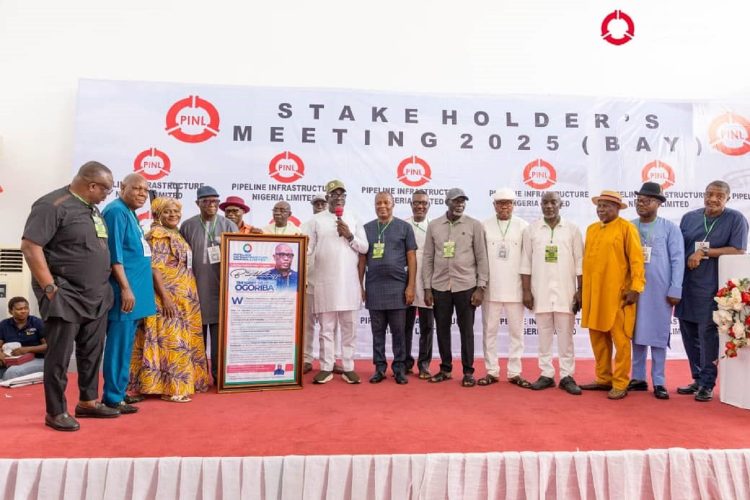
Reality TV series on Niger Delta premières in Lagos
May 21, 2014
Nigeria’s attraction draws $480m USTDA investment grant
May 23, 2014The Federal Government of Nigeria in collaboration with the Food and Agricultural Organization (FAO) have provided N109 million to develop and finalize a National Irrigation Policy document for the country.
The FAO country representative to Nigeria, Dr. Louise Setshwaelo disclosed this Thursday in Abuja at the Inception and sensitization workshop on Development of a National Irrigation Policy and Strategy,.
She said her organization gave a grant of $317,000, while the federal government provide a counterpart fund of 50.2million to finalize the 2006 draft of the National Irrigation and Drainage Policy and Strategy (NIPD).
She noted that the absence of an officially approved irrigation policy and strategy have been responsible for the bottleneck that limits progress and efficiency in irrigation development and expansion in the country.
Lamenting that irrigation in Nigeria has developed at a slower pace, she pointed out that Nigeria has 200,000 hectares developed under formal irrigation, compared to the India that has a policy to develop 700,000 hectares of farmland under irrigation.
She said: “What is important now, is the need to update the irrigation policy and the need to update the irrigation policy and the strategy necessary to guide develops in the sub-sector.
“Addressing issues of water rights, payments and technical skills needed for effective and efficient implementation of improved irrigation technologies.â€
Setshwaelo stated that the policy would among other things provide a clear definition of roles and responsibilities of the different stake holders at all levels in agricultural, water management, maintenance of the irrigation schemes as well as strengthening capacities, especially that of water users, irrigators and support institutions.
She noted that the National irrigation policy would significantly complement the water policy by providing specific and targeted guidance, for the irrigation sub-sector, adding that the policy would further provide additional incentive for the private sector to invest in the sub-sector.
The Minister of Water Resources, Mrs. Sarah Ochekpe in her remark attributed factors militating against sustainable development of irrigation in the country to inappropriate legal framework, inconsistent and unstable policies, poor planning and execution of projects, funding constaints, limited stakeholders participation as well as inadequate attention to operation and maintenance of irrigation systems.
The constraints according to her had result in low performance of public irrigation schemes, and to surmount the constraints she emphasized the need to development a suitable national policy and strategy for irrigation development and management, so as to make the nation self-sufficient in food production as well as ensure food security.
Ochekpe said: “The government anticipates that the implementation of this programme would improve the living standards of the people, enhance food security, as well as provide employment opportunities for the rural dwellers around the area.
“In addition, the Poverty Alleviation Programme of the government would be improved by the business opportunities that an appropriate irrigation policy would promote.”
Source: World StageÂ









